Sport
Dollar
38,2552
0.34 %Euro
43,8333
0.15 %Gram Gold
4.076,2000
0.31 %Quarter Gold
6.772,5700
0.78 %Silver
39,9100
0.36 %President Paul Kagame promised more of the same in the next five years and warned Rwandans not to lose sight of the country’s rebuilding process.
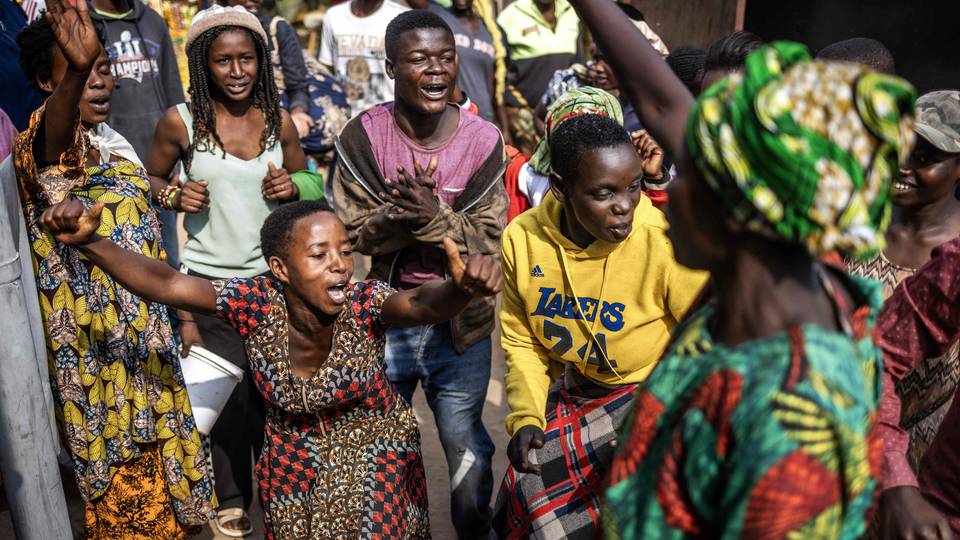
By Grace Kuri Kanja (Kigali) and Emmanuel Onyango (Istanbul)
When Paul Kagame is sworn in later this month for a fourth presidential term after winning elections with 99% of the vote, he will face high public expectation but with little room for change of style after being at the helm for more than two decades.
On the campaign trail, he showcased economic growth and stability achieved in a generation under the ruling Rwanda Patriotic Front (RPF) following the 1994 genocide against Tutsis and moderate Hutus.
He promised more of the same in the next five years and warned Rwandans not to lose sight of the country’s rebuilding process following the genocide.
Rwanda’s economy has been growing at an average rate of over 7% in over a decade - among the best in Africa. But voters have signaled they want more.
Kagame acknowledged as much soon after he was declared the winner.

“These high numbers are not just numbers, even if they were 100%, they wouldn’t just be numbers. These numbers reflect trust, which is the most important thing,” he said.
Plenty of demands
Kagame said it was time to resume work as the people have plenty of demands.
The country of 14 million people has enjoyed stability and development for over 20 years, despite what critics often describe as shrinking freedom of expression.
Rwandans still face high levels of poverty especially in rural areas. Some 49% of the population is poor, with an additional 23% considered vulnerable to poverty, according to a 2023 poverty index released by UNDP.

“On my side I want the president to do more. Since he has done more, now I want more - more jobs for people, to build roads, schools, hospitals, and to buiLd our country to be strong,” Charles Mugunga, a resident of Kigali told TRT Afrika.
The cost of living is also still high with the prices of basic items still out of reach for many people. The unemployment rate is about 21% for youth, according to the Rwanda Development Board.
The World Bank said poverty reduction had stagnated over the last 10 years “due in part to a slow rural to urban transition”.
It said the challenges require improvement of water and electricity supply and support for entrepreneurship.
“Reduce the taxes, taxes for bringing things (through) shipping from outside the country,” said Kalisa Innocent.
Kagame also faces a foreign policy quagmire. Tensions with neighbouring Democratic of Congo risk triggering a regional conflicts in the Great Lakes region.
Between 3,000 and 4,000 of Kagame’s troops are fighting alongside M23 rebels in eastern Congo, according to United Nations experts. The conflict has displaced nearly two million and killed thousands.
The effects are visible in border towns in Rwanda where the displaced have sought refuge.
Burundi has also accused Rwanda of supporting rebels who carried out attacks on its territory, allegations Rwanda denied. The two nations have a 315-kilometre borderline.
Kagame’s approach to the tensions with his neighbours remains unclear.
The president’s opponents Frank Habineza of the Democratic Green Party and Philip Mpayimane an independent candidate have conceded defeat, saying it is evident Kagame has won.
The National Electoral Commission says the announcement of provisional results for both presidential and parliamentary elections shall be done no later than the 20th of July, with the final results expected no more than a week later.
On Tuesday, Rwandans vote for 24 female members of parliament, as well as two youth representatives and one for people with disabilities.
➤ Click here to follow our WhatsApp channel for more stories.
Comments
No comments Yet








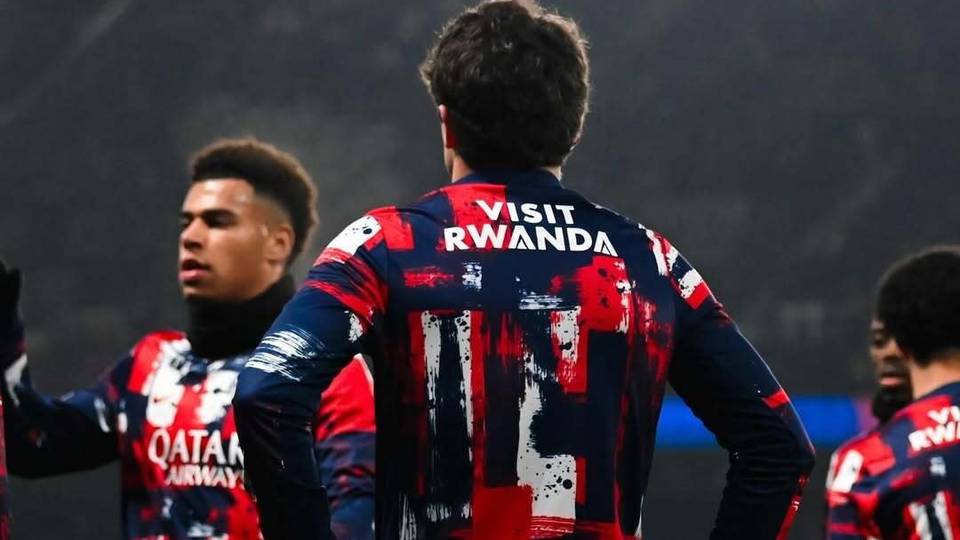
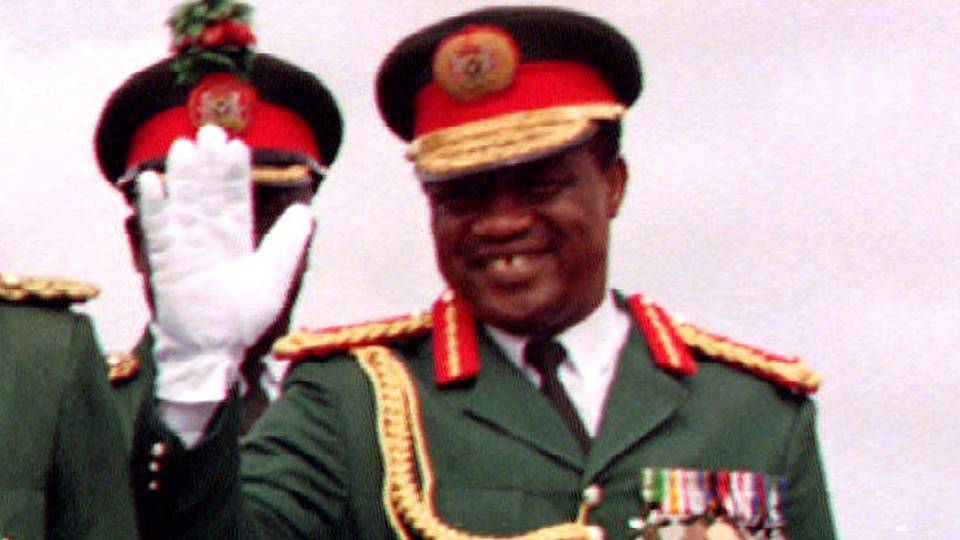
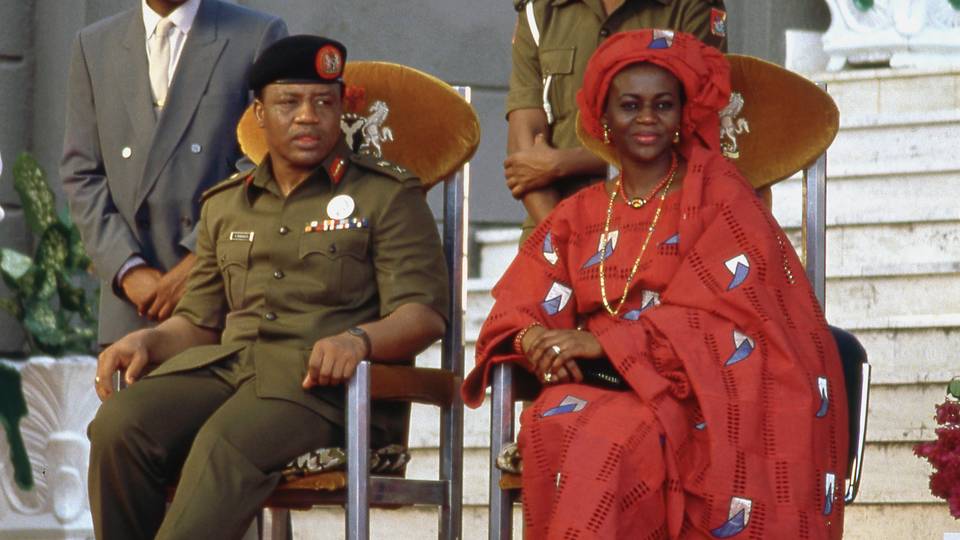
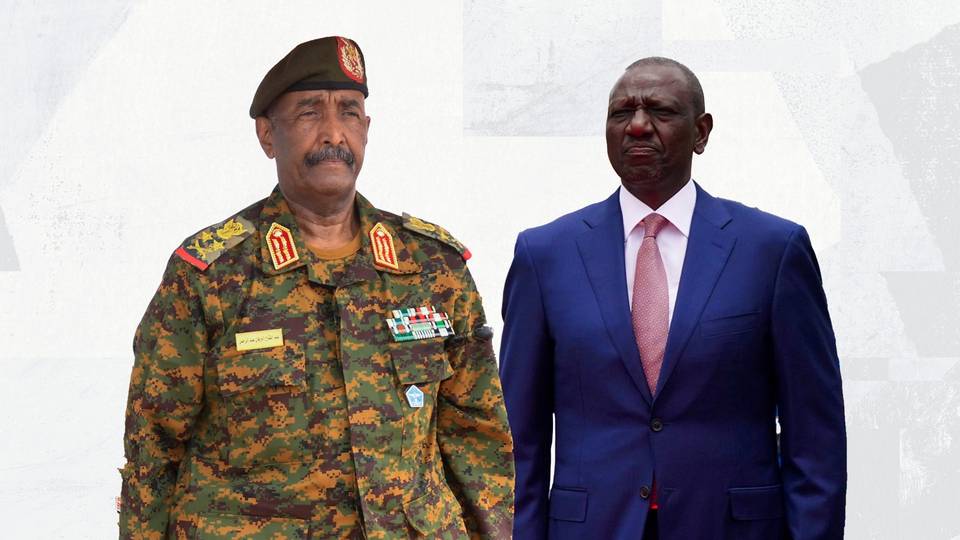








Comment